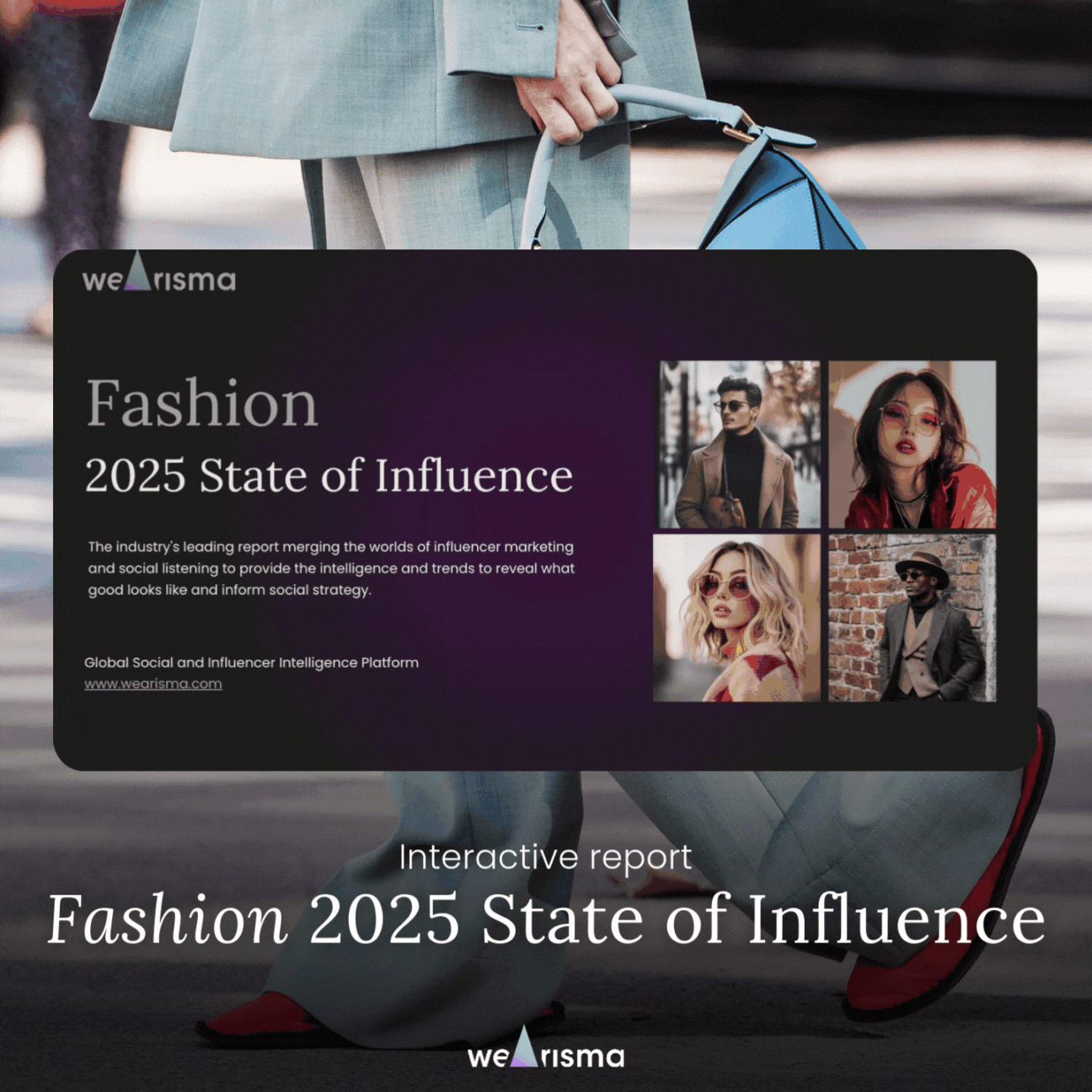In 2019, Influencer Marketing is set to evolve with increased transparency due to regulations, the integration of AI for data-driven insights, a focus on social commentary, and the rising influence of podcasts for deeper audience connection.

Published On: January 25, 2019
2019 is officially in full swing and Influencer Marketing has already experienced significant advancements. As the industry grows from strength to strength brands and Influencer Marketers alike need to continually adapt or risk being left behind. At Wearisma, our data and analytics teams have identified 4 key upcoming trends to help you get the most out of your Influencer Marketing strategy.

A move towards greater sincerity within Influencer Marketing is going to be vital in 2019 and beyond. As consumers become increasingly switched on, with the ability to distinguish paid-for from organic content; brands need to ensure that they are using sponsored content as a way to build a transparent relationship with their audience. If brands don’t source relevant influencers who clearly align with their brand ethos, consumers will throw down the gauntlet and hold brands accountable.
Another method for maintaining transparency is by having absolute clarity of the new regulation rules which will also serve to add a new level of professionalisation to the Influencer Marketing industry. While providing creative freedom over content production is crucial, brands need to ensure that their Influencers join the likes of Zoella and Alexa Chung and clearly declare online endorsements to maintain brand trust and ultimately, brand loyalty.

In order to meet these increased standards of authenticity, brands will need to take a more data driven approach to Influencer Marketing through the use of A.I. This will enable brands to automate marketing, analyse consumer behaviour and deliver personalised marketing messages.
As the global ad spend on Influencer marketing is set to reach new heights brands are encouraged to conduct audits through A.I. methods and influence scoring. Such methods will also allow brands to spend their money wisely and tackle the ever-present issue of fake engagement. However, it is encouraged that brands do not rely on A.I. alone. A combination of data-driven and human centred approaches will always be vital.

The best way to connect to the growing market of millennial and younger consumers is through causes that they care about. Brands will no longer be able to maintain the status quo by sitting on the fence and being purely product focused. A clear desire for more impactful, political and meaningful content is emerging.
In recent months, brands like Nike and Gillette have dominated online conversations through their collaboration with socially conscious individuals and by creating content advocating for historically marginalised groups.
Regarding various hot-button issues, brands are encouraged to pick a side and ensure that this is reflected through their Influencer Marketing strategy. Research has found that influencers, particularly Mega-Influencers who promote honest content related to addiction, mental health and #MeToo are “viewed much more favourably by consumers”.

“Audio is one of the most intimate forms of media” notes Emma Rodero, a communications professor at the Pompeu Fabra University in Barcelona. In 2019 Influencers will be cashing in on the transformative properties of audio via Podcasts.
Apple Podcasts features more than 500,000 active podcasts, including content in more than 100 languages and those figures are expected to rise.
As consumers continue to desire for content to become increasingly personable, more influencers will use podcasts to ‘increase their reach’ by sharing more ‘intimate and personal thoughts’ with their audience.
Knowing the above, how are you leveraging Influencer Marketing in 2019?
Keep informed with the latest trends, reports, and case studies from the world of influencer marketing.

Influencer marketing has transformed significantly in recent years, expanding beyond simply identifying social media personalities with substantial followings. Today’s successful campaigns require sophisticated systems that address the entire marketing process, from strategic creator selection through content development to comprehensive performance analysis.

WeArisma’s Fashion 2025 State of Influence Interactive Report – Your Essential Guide to Beauty Brand Success in the Digital Age.
The fashion landscape is evolving. Traditional strategies no longer guarantee success – Resonance, Virality, and Authentic Engagement are beginning to define market leaders.
Our latest Fashion 2025 State of Influence Report uncovers the key shifts shaping the industry and the strategies fueling sustained impact.
Stay up to date with the latest industry trends and topics
Discover how WeArisma can help you harness the power in influence, grow your brand’s presence, and achieve measurable success.
WeArisma combines the power of AI, influencer marketing and social listening to deliver smarter, scalable strategies with real impact.